BRAC, in partnership with the Government of Denmark, has launched a new initiative titled ‘Rain for Life’ to enhance water security and strengthen climate resilience for over 90,000 people in Bangladesh’s climate-vulnerable coastal regions.
The three-year project, supported by the Danish Ministry of Foreign Affairs, officially kicked off with an inception workshop held today at the BRAC Centre in Dhaka. It will focus on the upazilas of Assasuni (Satkhira), Mongla (Bagerhat), and Patharghata (Barguna)—areas increasingly affected by water scarcity, salinity intrusion, and climate-induced displacement.
Speaking at the event, Danish Ambassador to Bangladesh, Christian Brix Møller, described the project as a shift toward holistic, inclusive, and nature-based development. “‘Rain for Life’ goes beyond just providing water—it supports people, agriculture, livestock, and ecosystems, reflecting Denmark’s enduring commitment to sustainable development,” he said.
BRAC’s Executive Director Asif Saleh, who chaired the workshop, emphasised the need for integrated solutions that address both water and food insecurity. “Communities are already innovating and adapting. With the right support, they can be powerful agents of change,” Saleh noted, calling for stronger government collaboration to scale proven interventions.
The project builds on successful past models, such as the Mongla Water Security Project, which reached over 72,000 people between 2022 and 2024. Rain for Life will implement household and community-level rainwater harvesting, surface water treatment, and climate-smart agriculture, with a particular focus on empowering women through leadership roles in Climate Action Groups and BRAC’s Adaptation Clinics.
High-level government officials attended the launch, including Planning Division Secretary Iqbal Abdullah Harun, Environment Secretary Dr Farhina Ahmed, and BARC Executive Chairman Dr Nazmun Nahar Karim. All three expressed support for expanding the initiative nationally.
Dr Farhina Ahmed underscored the human right to safe drinking water, noting that BRAC’s models have shown promising results. “We need programmatic scale-up of these interventions to fill longstanding gaps in the coastal belt,” she said.
Dr Karim highlighted the project’s commitment to women’s leadership, while Secretary Harun stressed the urgency of prioritising climate adaptation over mitigation in the national context.
The workshop also featured voices from the front lines of climate impact, including farmers, youth leaders, and water committee members from coastal communities. They spoke of rising salinity, water scarcity, and the constant fear of relocation—reinforcing the urgent need for locally led, inclusive responses.
‘Rain for Life’ will run from January 2025 to December 2027, combining community mobilisation, sustainable technologies, and nature-based solutions like mangrove and native species reforestation under BRAC’s ‘Amar Bon’ model. It aims not only to protect ecosystems, but also to safeguard livelihoods and dignity in the face of an escalating climate crisis.


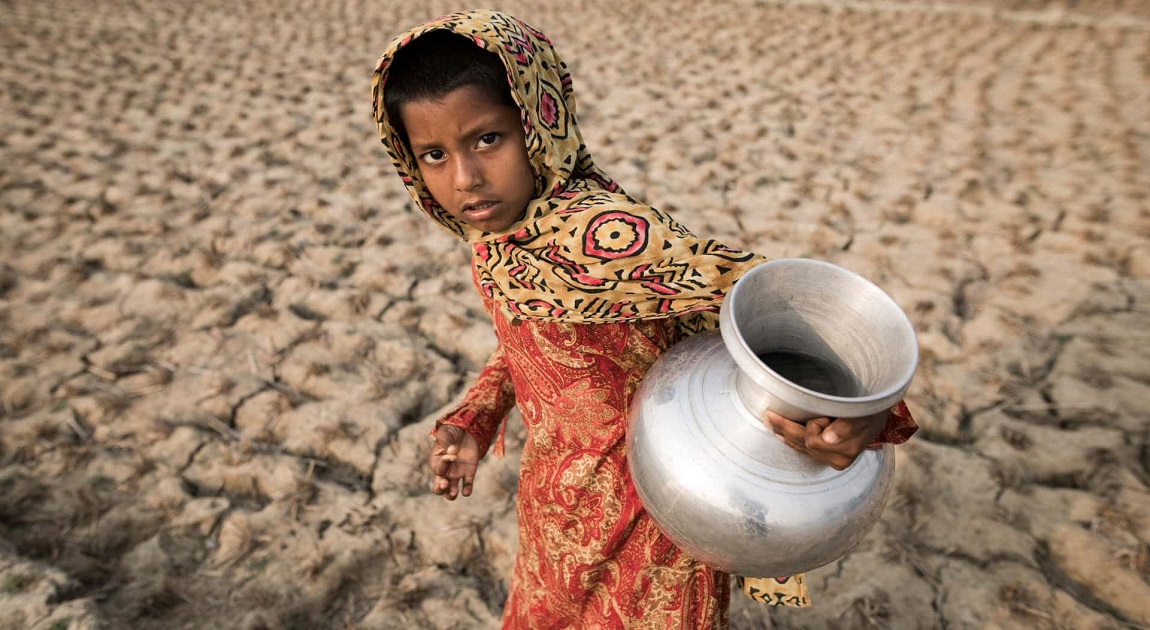

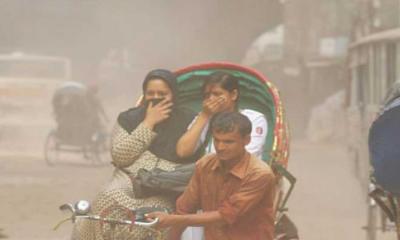
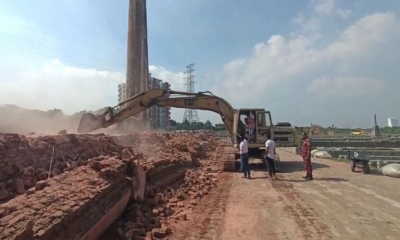
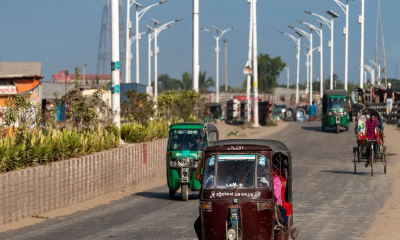
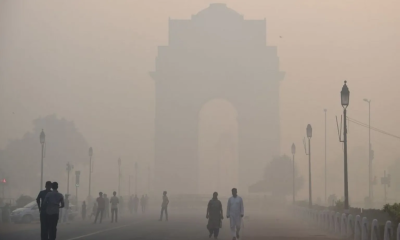
-20251226051932.jpeg)
-20251222051606.jpeg)
-20260225072312.webp)







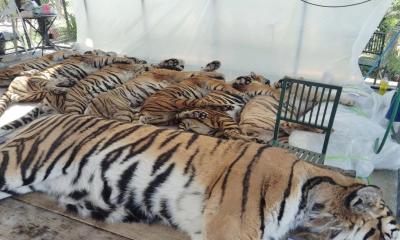



-20260224075258.webp)













-20260219054530.webp)
-20260218060047.jpeg)
